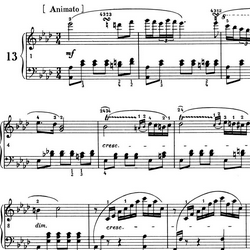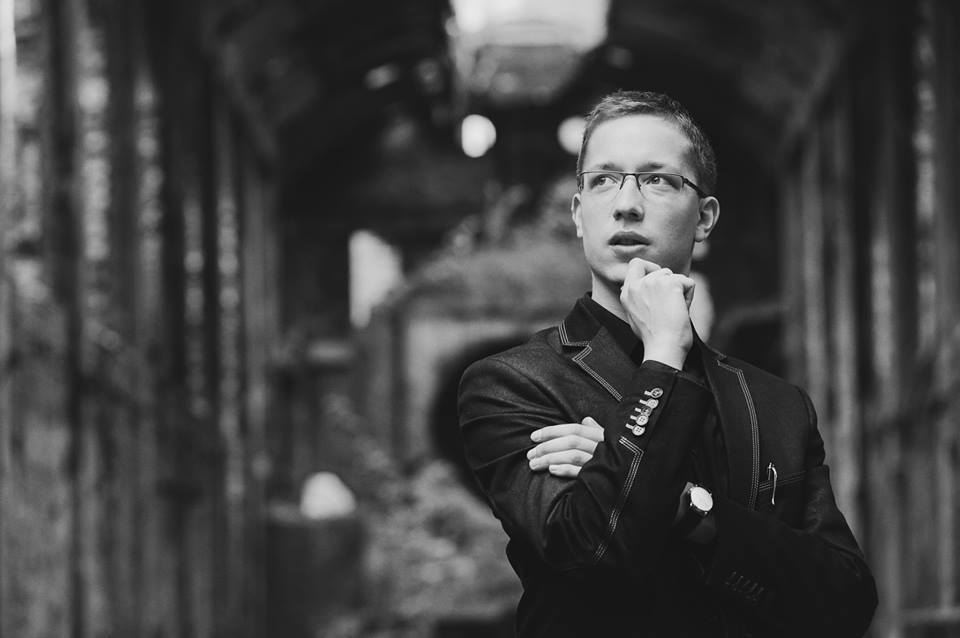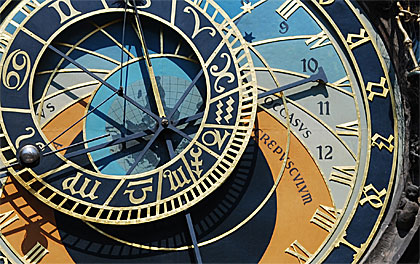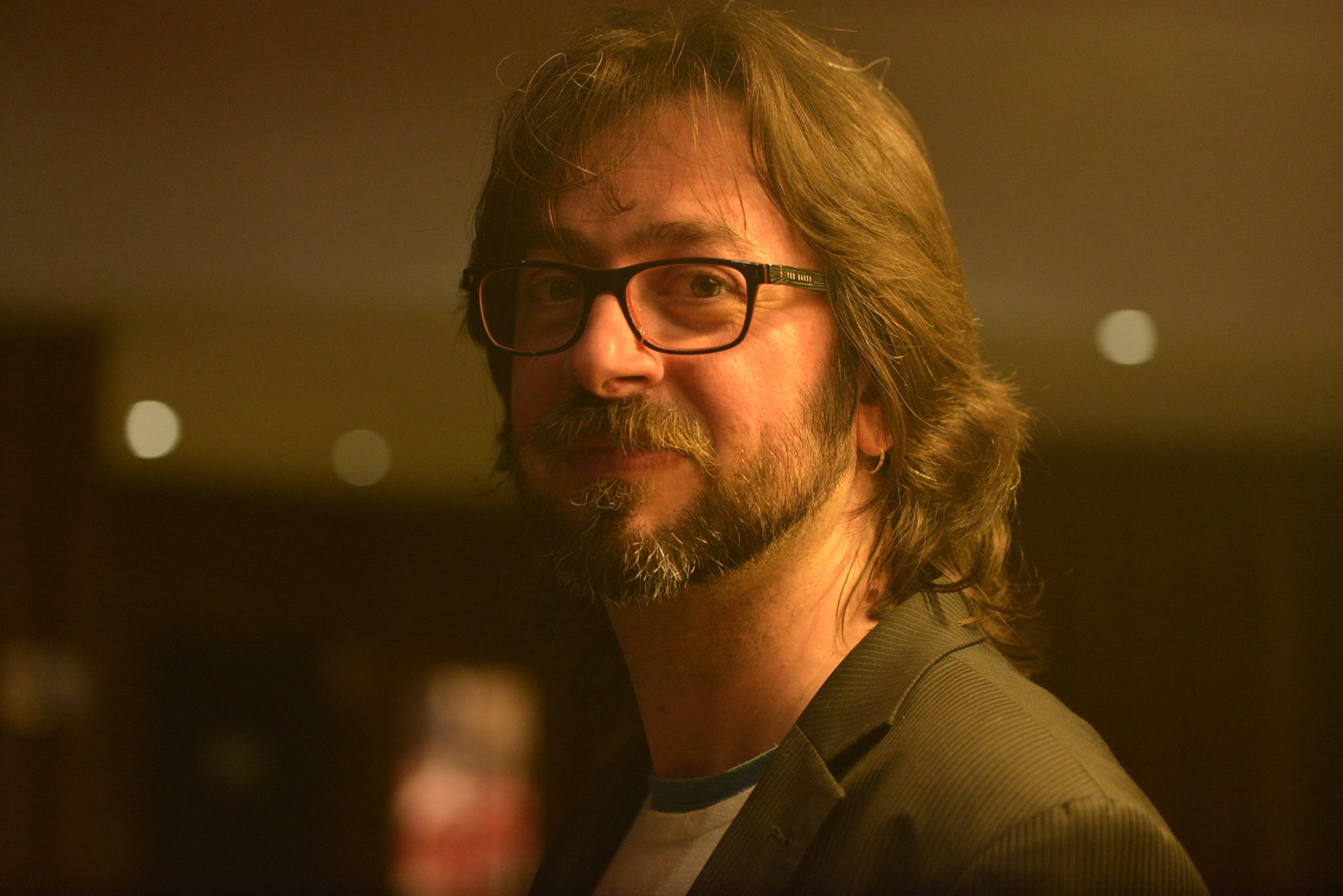Polish music
Wednesday 15 May at 15h - Médiathèque de Tarentaize

Poland occupies a privileged place in contemporary music with many composers who have influenced their peers as well as younger generations.
Composer Przemyslaw Scheller from the Music Academy of Katowice will provide a brief overview of contemporary music in Poland. To illustrate his presentation, flutist Alicja Lizer-Molitorys from the New Music Orchestra in Katowice, in residency in Saint-Etienne during the Art & Science Days, will perform some extracts of compositions.
The conference will be followed by a performance by Alicja Lizer-Molitorys based on Composition Arithmétique by Polish composer Artur Zagajewski. See more details: Next Level.
This event is organized in the framework of the Artex Katowice artistic exchange project, supported by the Institut français à Paris and the City of Saint-Etienne.
Przemyslaw Scheller
Composer of instrumental and electronic music, Przemyslaw Scheller gets inspiration from literature and popular sciences, taking an interest in the functioning of the human brain, as well as in philosophical and theological matters. As a composer he is regularly sollicitated to write new works that are performed in the most important festivals of contemporary music in Poland. Scheller is also the artistic director of Silesian Composers' Tribune festival.
Assistant at the New Media Department of the Faculty of Arts at the University of Silesia in Katowice, he holds a double doctorate from the Music Academy of atowice and the Conservatoire National Supérieur de Musique et Danse of Lyon. He is member of the Polish composers' Union since 2015.
The Calendars
Thursday 16 May at 19h - Cinémathèque
 If one is to believe the most simple definition of the word "calendar", it is simply a "system to keep track of dates in the course of time". And it is an essential tool since extremely long time back, not to say since the beginning of time.
If one is to believe the most simple definition of the word "calendar", it is simply a "system to keep track of dates in the course of time". And it is an essential tool since extremely long time back, not to say since the beginning of time.
Indeed, to be able to complete any activity correctly, we need to place it in time, predict the return of migrant aimals to hunt, or the return of winter... And yet, making a calendar that follows seasonal phenomena is, contrary to what it seems, far from easy.
All great civilizations have tried to resolve this delicate problem, since the Babylonians (of whose calendar ours is a distant descendent) to the Egyptians, Greek and Romans.
This conference explains the origin of our way of dividing time. The origin of "hours", of weeks, of the names of weekdays...
Nicolas Vincent-Morard
With a scientific background, Nicolas Vincent-Morard quickly engages at the Observatory of Lèbe in France to share his passion and his knowledge in Astronomy. Holding a university degree in astrophysics, he's fond of vulgarisation. Passioned about zoology and botanics, he works at the meeting point between science, history and knowledge. He develops conference cycles and participates in numerous events (afternoons of science at the theatre of Bourg-en-Bresse, Museum of Lochieu, summer lectures in Montpellier...) He leaves the Observatory when the latter is recentering its activities. Nicolas pursues for a while his lectures with "Des histoires pour Savoir - Stories for Knowing". He then changes orientation and devotes his time to his other passion: music. Great admirer of Jean-Claude AMEISEN, writer of the television show "sur les traces de Darwin - on Darwin's footsteps" on FRANCE INTER, Nicolas regains his desire to share the complementary of his knowledge, the environment of humans being one whole.



